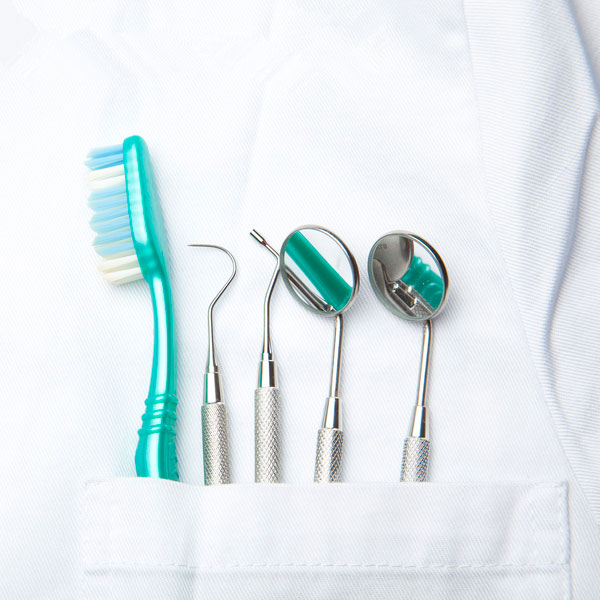Frequently Asked Questions
When should I bring my child to see a dentist so as to give my child an impressionable experience and not to fear to see a dentist in the future?
Your child first visit to the dentist should be between the first appearance of the first tooth (between 5 to 8 months) to the time when all the primary teeth are visible (around two and half years old.)
We understand that it is both apprehensive and fearful for you as parents and the child to visit the dentist. Sharing your concern, our dentists are patient and friendly and will endeavour to make your trip to our practice a pleasant one with the aim of eliminating that fear.
We have a play area for kids and parents are welcome to bring your child to our practice for a trial visit so that they can get familiarise to the sounds, smell, the dental chair and our friendly staff.
You can prepare your child for their first dental visit at home. A few suggestions are wiping their gums with a clean moist towel or using a torch to look inside their mouth. It is of the utmost importance that if you are fearful of the dentist, you do not pass your fear on to them. Maintenance of good dental health from childhood is vital for good teeth in adulthood. So bring your child to see a dentist once in every six months for a boost to that great smile in life.
Do you accept new patients?
Yes we accept new patients. If you are a new patient, you will need to fill out a form which will give us the details required to ensure the highest standard of treatment for you.
I have a toothache now, how long does it take to get an appointment to see the dentist?
We have time allocated each day to see emergency patients as we understand that toothaches arise unexpectedly and we do our best to accommodate these situations as quickly as possible. For weekend emergencies, our dentists do take turns to offer on-call services. Please call our practice to obtain this phone number.
How often should I see a dentist?
We recommend most patients to see a dentist for check-ups once every 6 months. However, for patients with a higher risk of dental diseases (e.g. gum disease, cavities), we may advise a more frequent check-up. Your dentist will assess your risk during your check-ups and advise a suitable interval for check-ups accordingly.
Do you accept private health insurance? And if you do, how much does my private health insurer cover for the dental treatment?
Yes we do. Please bring along your card so that we can swipe it on our Hi-caps system where you can claim the rebates on the spot and all you have to pay is the gap amount.
Depending on your particular plan you may have partial coverage for most dental procedures. We are able to provide a treatment plan (with the treatment codes included) so that you can ring up your health insurer to check the amount covered.
We accept the following methods of payment: debit card, credit card (mastercard or visa), cash and cheque.
Why do I need x-rays? Are x-rays harmful?
X-rays are required in most cases where the decay is not obvious in the mouth (e.g. decay between the teeth).
X-rays prevent unnecessary fillings and allow us to diagnose early decay and administer preventive measures (e.g. fluoride application) which prevents the need for root-fillings into the future.
We understand that patients are concerned about the radiation from x-rays. However, the dosage of dental X-rays is very low compared to medical X-rays. In addition, we use a digital x-ray system which has a lower dosage.
Do you use tooth-coloured fillings?
Yes we use tooth-coloured fillings commonly. However in some circumstances , we use metal fillings (also known as amalgam) on the teeth at the back (where aesthetics is not an issue) due to their greater strength.
Do you do tooth whitening? Is tooth whitening safe?
There are two main types of whitening: (1) In-office procedure and (2) Take-home tray and kit. The latter option is available at our clinic which involves an effective solution retained in a custom tray that is worn over your teeth generally for an hour a day. Whitening procedures supervised by dentists does not harm the teeth or gums if used correctly. It is important to see the dentist for an assessment and consultation prior to whitening your teeth.
How do we manage infection control?
Your safety and comfort is our priority. We have strict hygiene and safety protocols for our sterilization procedures in accordance to the guidelines of the Australian Dental Association. This is to ensure that our patients have a safe and pleasant dental experience.
Infectious diseases are spread through blood and body fluids like saliva. For your safety, all our equipment and instruments are carefully disinfected and sterilized in an autoclave under high pressure at 134 degrees Celsius. We also use single ‘one patient’ use sterile instruments whenever indicated by the clinical situations.
